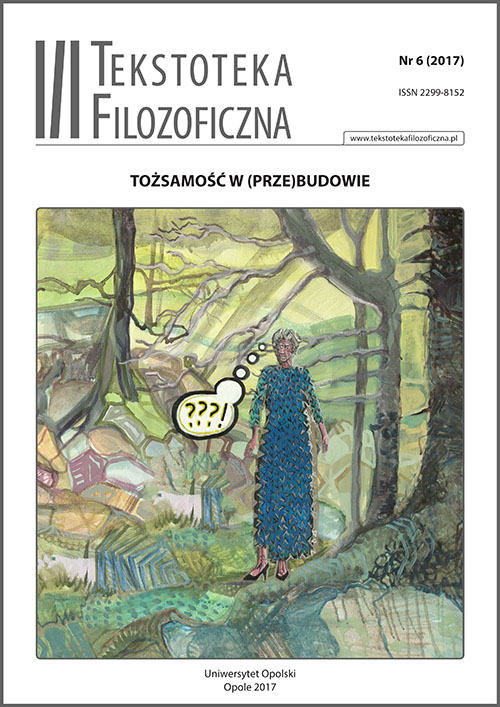Między pojedynczością a wspólnotowością – Johna Locke’a i Charlesa Taylora spojrzenia na „sprawę człowieka”
Between singularity and community: John Locke’s and Charles Taylor’s concepts towards the case of man
Author(s): Zbyszek DomarskiSubject(s): Philosophy, Philosophical Traditions, Social Philosophy, Special Branches of Philosophy
Published by: Uniwersytet Opolski
Keywords: identity; personal identity; self, being; case of man; notion framework; consciousness
Summary/Abstract: The author of this paper claims that the problem of identity appeared in modern history. In the earlier times, there was a general agreement about hierarchical vision of cosmic order. Thus the external, ideal order was a model for the internal order. Charles Taylor believes that it was René Descartes and John Locke who largely contributed to the creation of a new model of man. The latter was convinced that the world does not carry any ethical or religious messages. He claimed that the human being is able and obliged to create himself independently and unconditionally. Charles Taylor, a contemporary philosopher, considers Locke’s concept as too idealistic. In his opinion, man is always immersed in culture and is able to build his identity only in relation to its values and patterns.
Journal: Tekstoteka Filozoficzna
- Issue Year: 2017
- Issue No: 6
- Page Range: 6-13
- Page Count: 8
- Language: Polish

